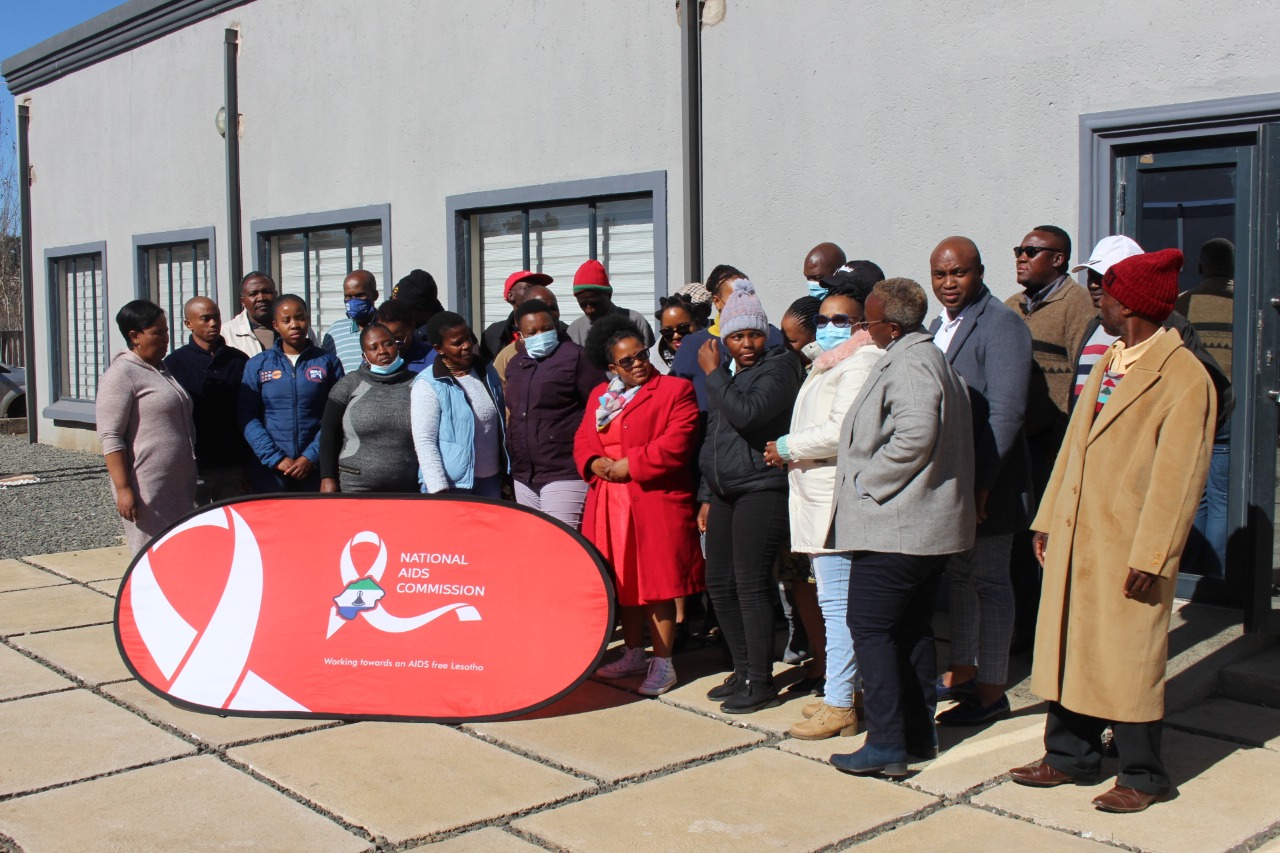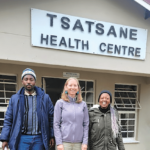HIV infections are on the rise in Thaba Tseka, raising alarm among local leaders and health officials who warn that urgent interventions are needed to prevent further escalation.
Member of Parliament for Thaba Tseka, Mamamello Holomo, revealed that she became aware of the disturbing trend just before Parliament closed for the winter holidays.
“I had intended to sit with the District Medical Officer to review the data, which has shocked many people. But we have not yet met. We want to find the root cause because this is all new,” Holomo said.
Holomo cited child marriage as a key factor driving the rise in infections. “When children marry, they often lack the knowledge or courage to discuss safe sex with their partners or families, especially if married to older men. If the mother is infected and pregnant without knowing it, the child is also put at risk,” she explained.
District Medical Officer Ngaka Joseph Mashale emphasised that the increase in HIV cases is linked to broader social issues. “Many children do not attend school, and their main form of entertainment becomes sexual relationships, contributing to new infections. Poverty also makes young girls particularly vulnerable, often trading sex for money or food,” he said.
Mashale warned that low condom use and high rates of early and unintended pregnancies, currently at 32 percent, the highest in the country, are exacerbating the situation. “High teenage pregnancy rates indicate unsafe sexual practices, which inevitably fuel new HIV infections,” he noted. He also highlighted the district’s ongoing struggles with syphilis and hepatitis B.
District Administrator Tlali Mphafi corroborated the concerns raised by Holomo and Mashale, attributing part of the rise to an influx of people moving to the district due to ongoing development projects.
However, preliminary data from the National AIDS Commission (NAC) suggests that Thaba Tseka’s HIV prevalence rate stands at 16.10 percent, placing it below heavily affected districts such as Maseru (18.20 percent) and Mafeteng (18.10 percent).
With an estimated 16,000 people living with HIV, Thaba Tseka is considered one of the lesser-burdened districts nationally.
Still, officials insist that complacency could be dangerous. “Even if the prevalence is relatively low, the upward trend is worrying. Immediate action is needed to address the social and structural factors driving new infections,” Mashale stressed.
Summary
- If the mother is infected and pregnant without knowing it, the child is also put at risk,” she explained.
- Mashale warned that low condom use and high rates of early and unintended pregnancies, currently at 32 percent, the highest in the country, are exacerbating the situation.
- District Administrator Tlali Mphafi corroborated the concerns raised by Holomo and Mashale, attributing part of the rise to an influx of people moving to the district due to ongoing development projects.

Ntsoaki Motaung is an award-winning health journalist from Lesotho, specializing in community health stories with a focus on sexual and reproductive health and rights, as well as HIV. She has contributed to platforms like “Be in the KNOW,” highlighting issues such as the exclusion of people with disabilities from HIV prevention efforts in Lesotho.
In addition to her journalism, Ntsoaki serves as the Country Coordinator for the Regional Media Action Plan Support Network (REMAPSEN). She is also a 2023 CPHIA Journalism Fellow.










